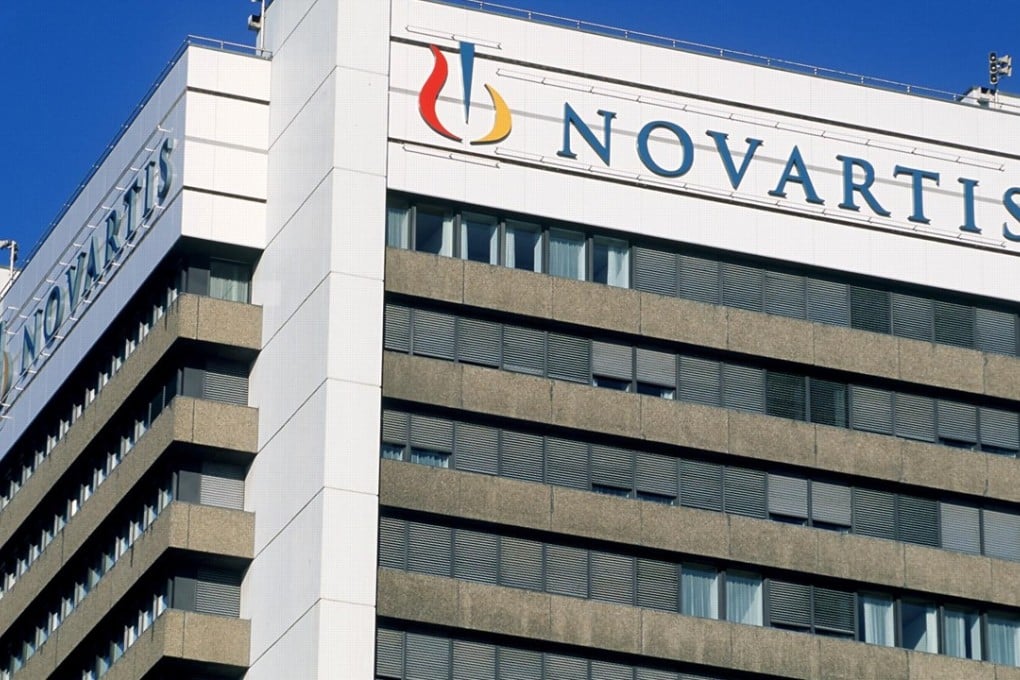Novartis secures European approval for cancer treatment
Sandoz says healthcare systems can now redeploy more resources to innovative therapies

By Martin Baccardax
Novartis AG said Monday that it has received approval from the European Commission for a blood cancer treatment known as Rixathon, a biosimilar version of Roche AG’s blockbuster Rituxan that generated around US$7.5 billion in sales last year.
Sandoz, the biosimilar division of Swiss drugmaker Novartis, said the approval allows for the use of Rixathon in Europe and represents a “big win” for patients with “blood cancers or immunological diseases because it enables increased access to biologics.”
“It also allows healthcare systems to redeploy resources to other areas of high need, particularly innovative therapies,” said Sandoz’s global head of biopharmaceuticals Carol Lynch. “Sandoz is committed to increasing patient access to biologic medicines, and Rixathon will be one of the five major launches we plan in the next four years. We have worked with care and passion towards this approval, and now is the time when we are bringing this medicine to healthcare professional and patients in Europe.”
Roche’s MabThera/Rituxan generated Sfr7.3 billion in sales last year, according to the group’s annual report, but has been losing sales to Bristol-Myers Squibb Co.’s Opdivo, which had 3.774 billion in sales for the New York-based group in 2016.
In fact, earlier this month, the Novartis and Bristol-Myers joined forces to conduct a study of Mekinist (trametinib) in tandem with Opdivo (nivolumab) and Opdivo + Yervoy (ipilimumab) regimens as a potential treatment for metastatic colorectal cancer in patients that have microsatellite stable tumors where the tumors are proficient in mismatch repair.
Colorectal cancer is the third most common type of cancer in men and the second most common in women globally, with about 1.4 million new diagnoses in 2012, according to the announcement.
